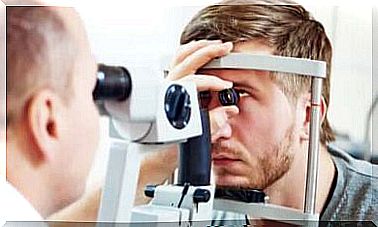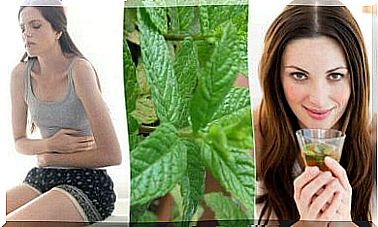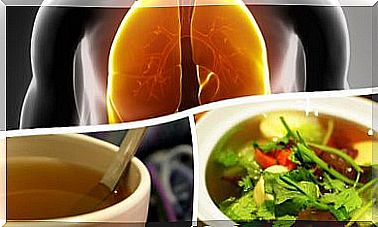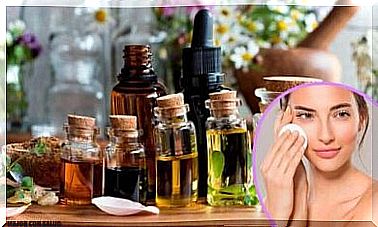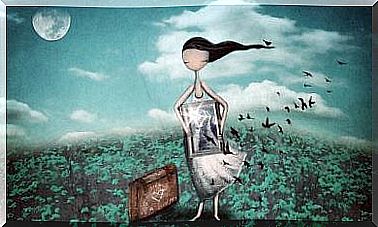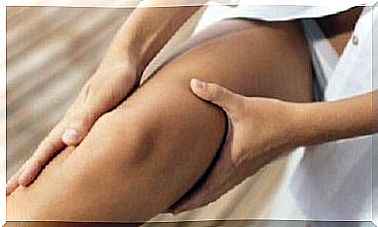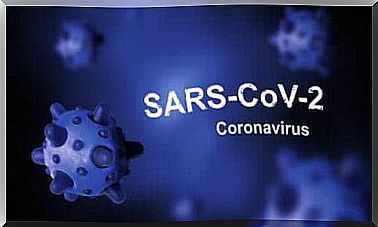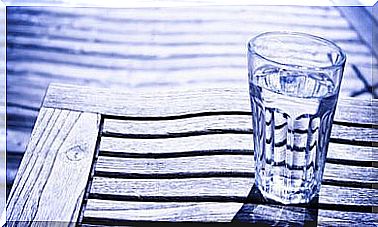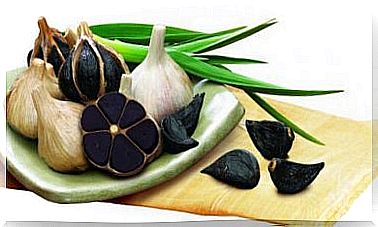Diet For Iron Deficiency Anemia
With iron deficiency anemia, it is not only important to include more ferrous foods in the diet, but also to improve the absorption of this mineral.
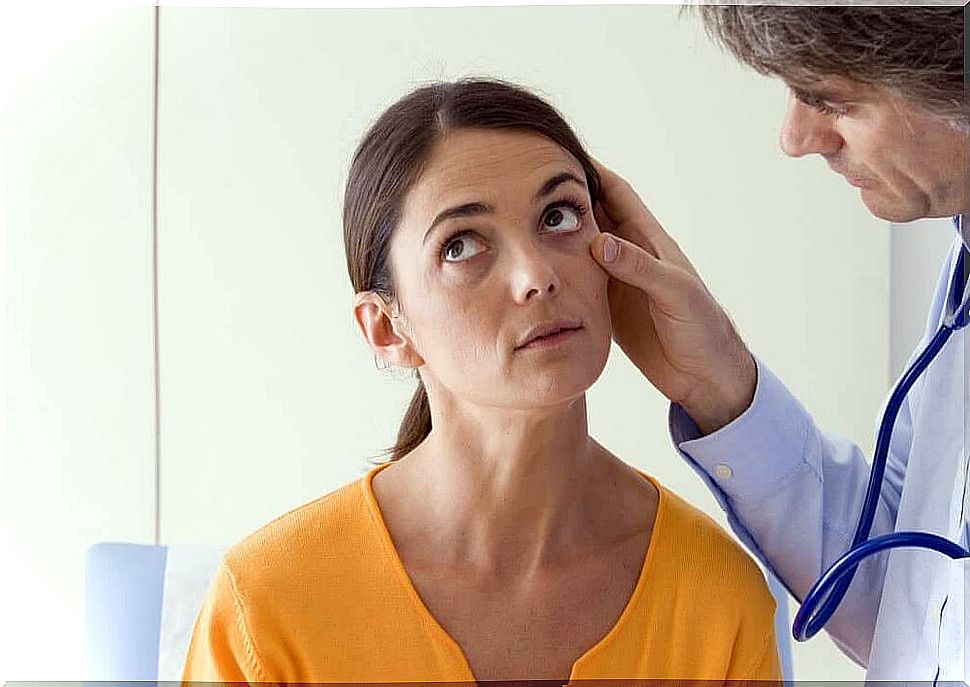
As the name already makes clear, this deficiency symptom is caused by an iron deficit, which leads to a disruption of the blood-forming system. Due to the reduced iron level, the concentration of hemoglobin decreases. In iron deficiency anemia , diet is therefore essential to improve iron levels.
Because hemoglobin plays, among other things, an important role in the transport of oxygen from the lungs to the body tissues. In iron deficiency anemia , the oxygen supply is disrupted because there is a lack of red blood cells.
As a result, the following symptoms occur:
- Chronic fatigue, apathy
- general malaise
- insomnia
- dizziness
- Pallor, shortness of breath
- irregular menstrual cycle
- altered heart rhythm, palpitations
If iron deficiency anemia is diagnosed and treated quickly, there are no complications. Otherwise complications can arise. Also, if the patient has heart problems or respiratory failure, the situation can get more serious.
However, before you take iron as a food supplement on your own initiative, you should definitely have a medical examination! Too much iron is also harmful to the body, so get help from your doctor and give you good advice.
Diet for iron deficiency anemia
Diet is essential in iron deficiency anemia. So we have a few tips for you afterwards.
1. Ferrous foods in iron deficiency anemia
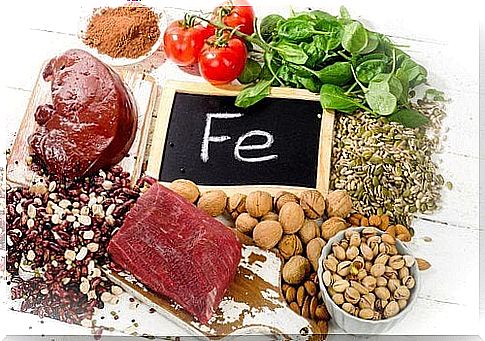
You can compensate for the reduced iron level with foods that contain iron. Don’t forget that iron is important for the production of hemoglobin. A poor diet very often leads to iron deficiency.
This is more common in children and young women. Not only menstruation, but also extreme diets or a vegan diet can cause a deficiency of this mineral.
Iron is most easily absorbed from meat, free range poultry, and fish. Other sources include certain fruits and vegetables, grains, chicken eggs, and nuts. But the iron it contains is less readily available.
However, you should only take dietary supplements with iron if directed to do so by a doctor. Because excess could lead to constipation and black stools. Unnecessary iron supplementation could also mask more serious problems, such as bleeding in the digestive system.
2. Limit alcohol consumption in iron deficiency anemia
Alcohol consumption and anemia are linked in some patients, and malnutrition is usually also present. The consumption of alcohol puts more strain on the liver in order to excrete it. But this organ is also responsible for making iron available to the organism.
Alcohol can affect this function, making the symptoms of iron deficiency anemia worse. You should therefore consume as little alcohol as possible to prevent iron deficiency.
In addition, you should know that too much alcohol also reduces the quality of the red blood cells and that they are destroyed before the natural end of their life cycle.
3. Foods with folic acid
Folic acid belongs to the family of B vitamins and is very important for the cell division of red blood cells. Therefore the oxygen transport is also improved. With this in mind, if you have iron deficiency anemia, you should also include foods with folic acid in your diet.
The following foods are high in folic acid: citrus fruits, green leafy vegetables, nuts, seeds and legumes. However, don’t forget that folic acid is sensitive to heat. You should therefore opt for raw food, or prepare the dishes in the oven or steam.
4. Vitamin C for iron deficiency anemia
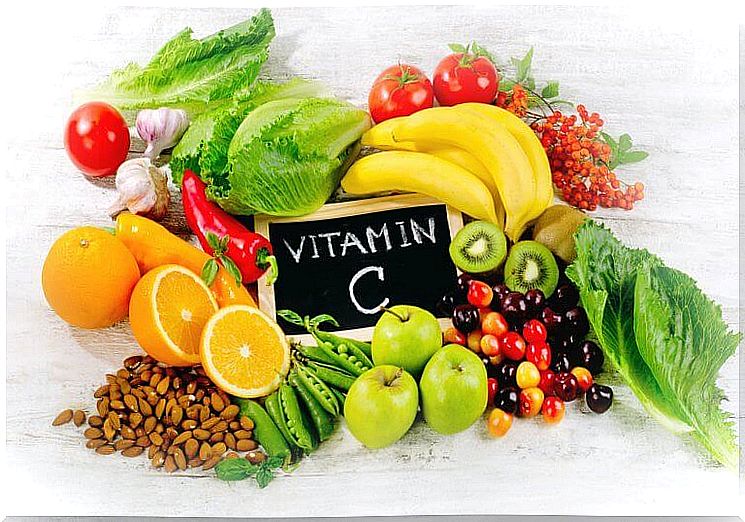
Vitamin C is extremely important because it facilitates the absorption of iron from plant sources. This is because trivalent non-heme iron can be reduced to divalent iron, which simplifies absorption into the intestinal cells.
Therefore, consume fresh orange or lemon juice regularly to get enough vitamin C. Other fruits, such as kiwis or grapefruits, also contain a lot of vitamin C.
5. Reduce your consumption of tea and coffee
Tea and coffee contain tannins, which prevent the absorption of iron. Therefore, you should avoid it, especially after eating, in order to actually be able to optimally absorb the iron in the food you eat.
If you are taking iron as a dietary supplement, you should wait a few hours before and after with tea and coffee.
Iron deficiency anemia is a common condition, but it is usually relatively easy to fix. First, get a medical exam to determine the exact cause and then initiate the right treatment.
